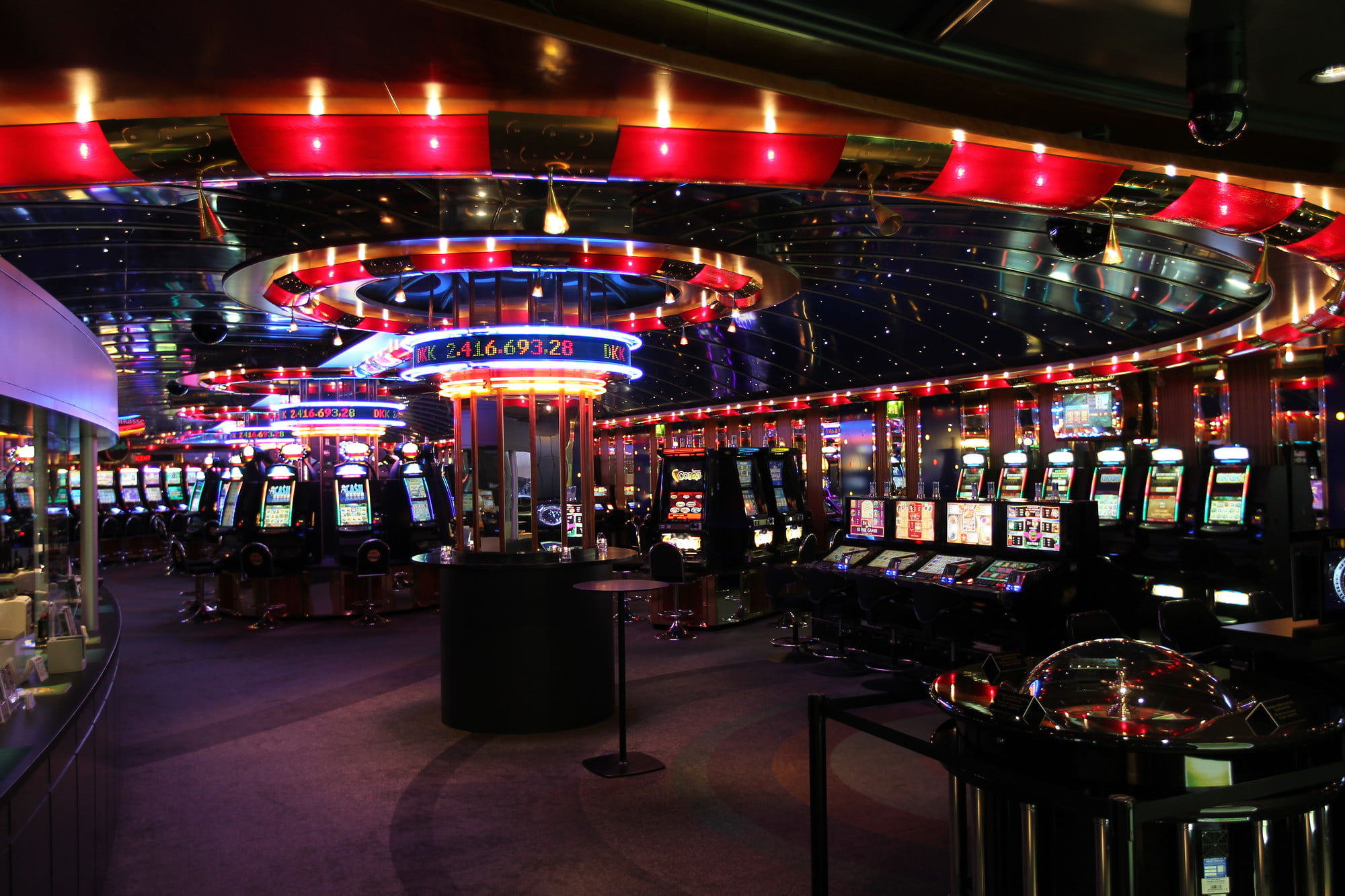
The Mental Aspect Of Playing Slot Devices
Gambling slot games have captivated gamblers for decades, pulling them into a realm of flashing lights, enticing sounds, and the thrill of chance. These devices, commonly found in vibrant casinos, combine elements of luck and strategy, making them an exciting option for newcomers and experienced gamblers alike. But what is it that makes these machines so attractive? The answer lies in the intricate psychology at play as individuals engage with these vivid reels.
Regardless of whether it's the rush of anticipation while waiting for the result of a spin or the thrilling feeling of a big win, the emotional response provoked by casino slots is considerable. The crafting of these machines is meticulously designed to activate the brain's pleasure system, creating an event that can be both thrilling and addictive. Grasping the psychological factors at play in engaging with casino slots games can provide understanding into the reasons so many people are drawn to them and how they affect behavior and decision-making in the gambling environment.
Understanding the Allure of Slot Machines
Slot machines have a unique talent to captivate players with their vibrant images and tempting sounds. The dazzling lights and enthralling themes create an inviting atmosphere that draws people in. Each rotation of the reels holds the chance of a huge win, fueling a sense of excitement and hope that keeps players coming back for more. This sensory experience plays a vital role in the appeal to casino slots games, as it engages not only the mind but also the emotions.
A significant factor contributing to the allure of slot machines is the concept of immediate gratification. Differing from other casino games that require skill or strategy, slots offer quick results with each spin. The rapid pace of the game allows for rapid engagement, permitting players to experience the thrill of winning or the disappointment of losing in a matter of seconds. This rapid feedback loop can lead to a highly compulsive experience, as players seek the next potential payout while being entranced by the game's continuous opportunity for adventure.
Furthermore, the mindset of jackpot potential cannot be dismissed. Sin88 The allure of hitting a fortune-altering payout keeps players returning, often outweighing the odds against winning. Many players find themselves dreaming about the chance of striking it rich, fueled by stories of others who have won huge. This sense of optimism, along with the rush of the game, creates an irresistible lure that characterizes the world of casino slots and makes them a beloved among bettors.
The Role of Reinforcement in Gambling
Reinforcement plays a critical role in the psychology of interacting with casino slots games. When players interact with these machines, they experience various forms of reinforcement that can affect their behavior. Positive reinforcement is particularly powerful; winning, or even the possibility of winning, can create a rush that keeps players revisiting for more. The immediate feedback from the reels rotating, coupled with sounds and visual stimuli, further enhances this rewarding experience, reinforcing the desire to continue playing.
The randomness of winning in casino slots games also ties into the concept of variable reinforcement. This psychological phenomenon happens when payouts are given out at irregular intervals, making the anticipation of a potential win more thrilling. Players may go for long periods without major wins but are drawn back by memories of past jackpots or the chance of future ones. This variability heightens excitement and keeps players waiting for that next big payout, embedding them deeper into the betting cycle.
Finally, the social aspect of playing casino slots games can amplify reinforcement. Many players enjoy the shared environment of a casino, where they might witness others winning, celebrate wins, or even sympathize over losses. This social reinforcement can create a shared experience that encourages repeated play. Players might feel motivated to continue not only for personal gain but also to experience the fellowship that comes with gambling, reinforcing their connection to the game.
The Influence of Game Design on Player Behavior
Design of slot machines plays a crucial role in influencing how players act and improving the overall gameplay experience. Elements such as graphics, audio, and storylines are deliberately crafted to engage players and keep them engaged. Bright colors and appealing animations create a visually stimulating environment that can lead to prolonged play sessions. Additionally, concepts ranging from ancient civilizations to popular culture cater to various interests, making the games appealing to a broad audience. This focused design promotes players to invest more hours and money into the gaming experience.
Another important aspect of slot design is the implementation of rewards systems and elements like extra rounds or free spins. These elements are crafted to produce a feeling of excitement and anticipation, which can induce the production of pleasure hormones in the brain. This neurological response reinforces the behavior of playing by associating the game with pleasurable feelings. By offering attractive rewards, casinos motivate players to keep playing, which often leads to higher betting and longer gameplay. The mental thrill of possibly hitting a jackpot or unlocking a special feature keeps players coming back for more.
Finally, the community aspects integrated into slot games can also affect how players behave. Many contemporary slots include options that allow players to interact with others through rankings or collective goals. This social aspect can enhance the overall experience, as players may feel a sense of community or competition that encourages them to participate more fully. The combination of personal thrill and group dynamics creates a lively environment that not only entertains but also encourages habitual play, further illustrating how thoughtful game design can significantly impact gamer actions.
